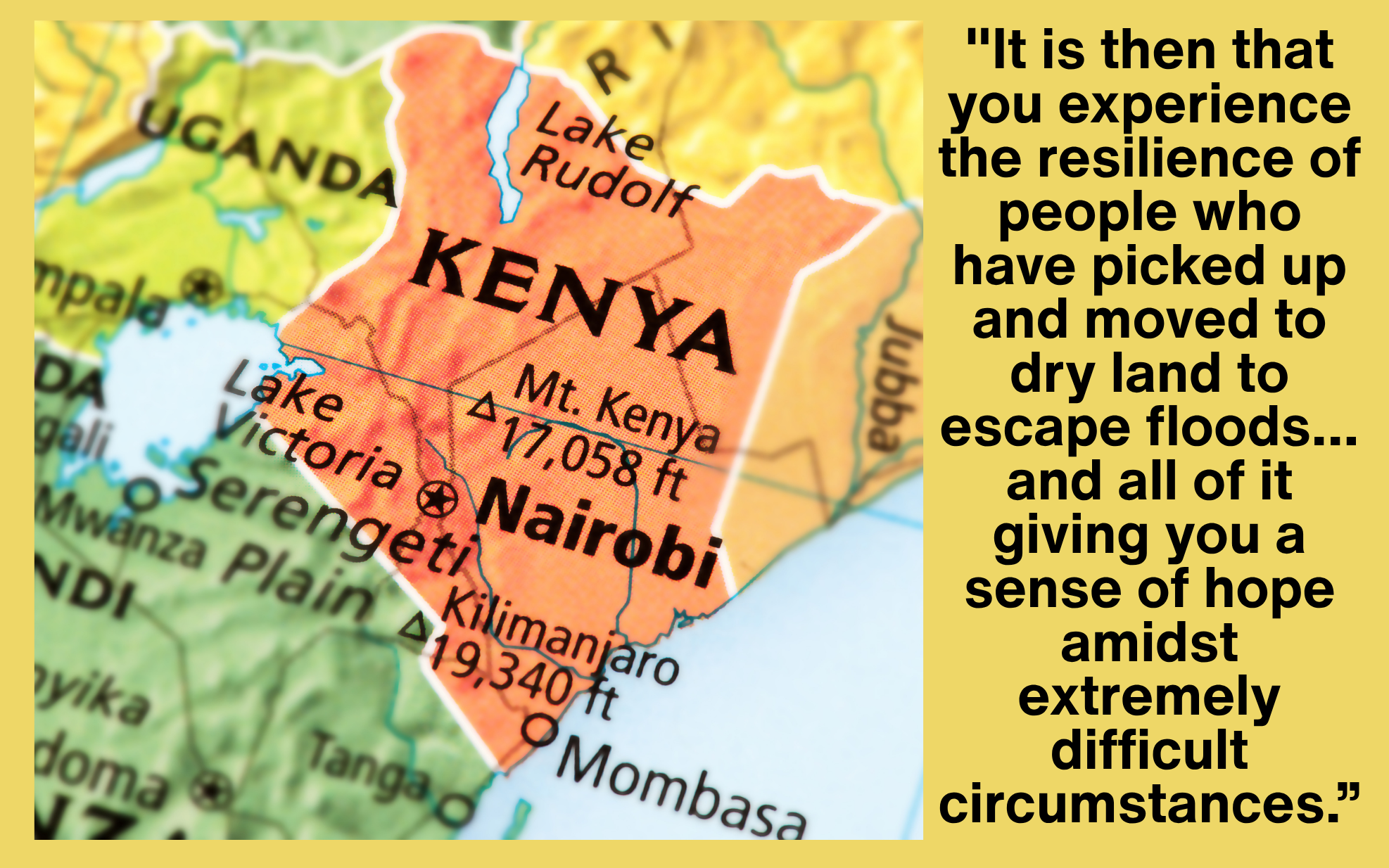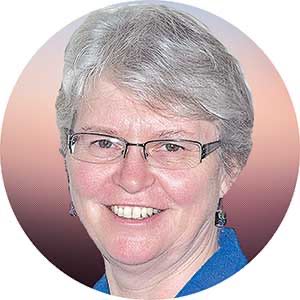How was Kenya? A simple question without a simple answer. This past June, I travelled with other members of the Board of Alongside Hope to Kenya accompanied by two staff members from Canada, and Church World Services. In part, the visit was meant to give board members greater exposure to the ministry of Alongside Hope; in part it was to give some encouragement to our partners. But in the end, it was so much more.
You land in a country that looks so very different from your own, with conditions you have never seen before, and a reality that is many worlds away from yours—people living in Internally Displaced Persons camps, people struggling to afford uniforms in order to send their children to school, people experiencing attacks from neighbouring areas, and the effects of sea water intrusion. Some of the challenges you would recognize: cyclical floods, drought, soil erosion, effects of climate change, and rural-urban migration. At some point, expectations and comparisons disappear and you enter into an experience that gives you an insight into community, community that transcends geography and economic or social status or any other barriers that might exist. It is then that you experience the fullness of our partnerships: communities are taking care of tree nurseries and planting trees, with local businesses and banks purchasing tree seedlings to plant and contributing, communities rallying to support nurseries, and you hear comments like, “we were only able to plant 6000 trees since last year,” “we are custodians of Creation. But Creation is waning, groaning, what with human beings doing what they do.” It is then that you experience the resilience of people who have picked up and moved to dry land to escape floods, keeping goats and building wells in camps and talking about getting the money for school fees for their kids, keeping bees in what seems to be the middle of nowhere, and all of it giving you a sense of hope amidst extremely difficult circumstances. It is then that you experience the ingenuity of folks who operate a Climate Smart Dairy Cooperative, a model farm that avails of technology to be efficient and, as the name says, climate smart and that teaches modern farming techniques to others. You also get to experience the hope that comes when a Self Help Group, which includes many members with disabilities or who have children or other family members with disabilities, helps people access government “disability cards” to avail of services and allow their children to attend school. Hearing people speak about how they no longer have to “hide” their children and how the stigma associated with disabilities is decreasing reminds you of how Jesus taught us to value every human being. You become deeply aware of a connection that stretches across continents, the sense that we are all in this together; there are not givers and receivers but people who are living the call to value the dignity of every human being. How was Kenya? Holy.


